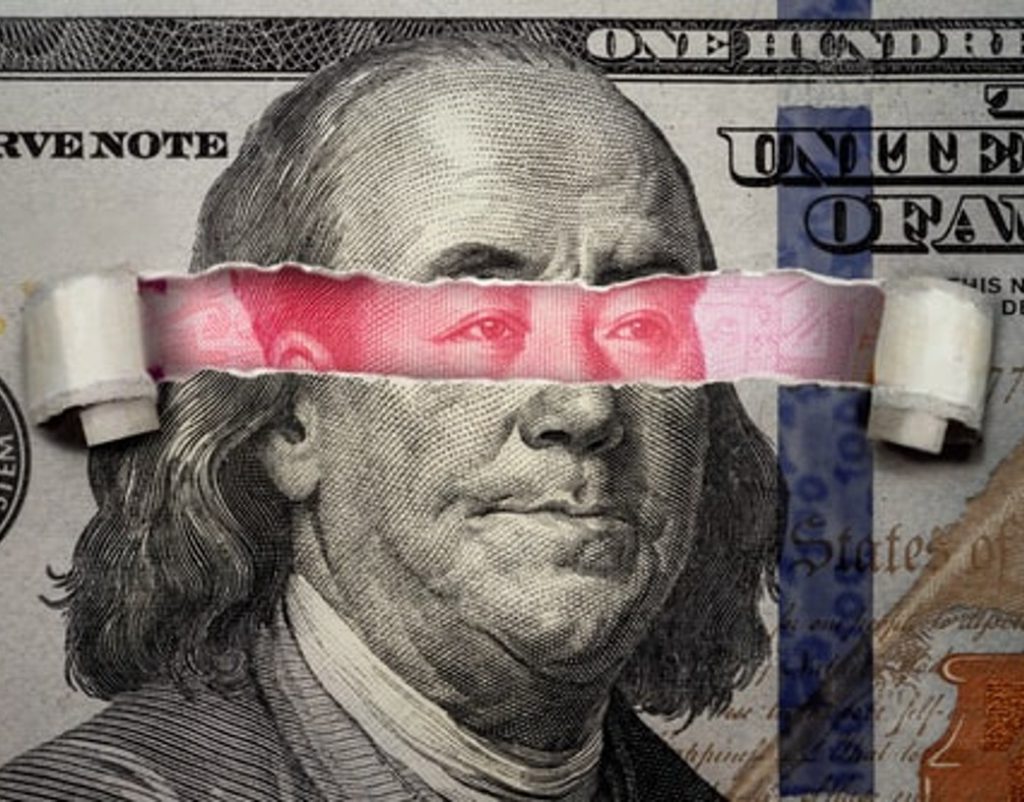Confidence In Chinese Yuan Grows, US Dollar Declines
Global confidence in the Chinese yuan is growing, while assurance in the US dollar is declining. Developing countries seek to use local currencies, and China is pushing for trade settlements with the yuan. Countries in Asia, such as the United Arab Emirates (UAE), India, Maldives, Mauritius, and Pakistan, have already settled cross-border transactions in the Chinese yuan.
Also Read: Popcat Eyes 50%, Baby Doge Consolidates: Which Crypto Surges Next?
Even oil-rich Saudi Arabia accepted the Chinese yuan for settlements along with the US dollar. Apart from Asia, countries in Africa and South America are open to receiving the currency for cross-border transactions. Even Eastern European nations like Belarus, among others, are ready to take the tender.
Just recently, data from the payment messaging system SWIFT showed that the Chinese yuan overtook the Euro to become the second-most used currency after the US dollar. In April 2024, the yuan approached nearly 6% of all global transactions, while the Euro was much lower.
Also Read: Can Trump’s Crypto Favouritism Put The US Dollar In Jeopardy?
In Currencies We Trust: Chinese Yuan & The US Dollar

Confidence in the dollar is eroding as emerging economies fear their GDP could take a hit due to US sanctions. The White House has sanctioned several countries crippling their economies and bringing businesses to a standstill. The recent being Russia for its role in invading Ukraine. This makes developing nations take shelter in the Chinese yuan as they believe the US is weaponizing the dollar.
Also Read: Top 3 Cryptocurrencies That Could Make You A Millionaire by 2030
The US Secretary of the Treasury, Janet Yellen explained that sanctions have led to de-dollarization. She cautioned that the US cannot afford to press sanctions as emerging economies are finding solace in each other.
Every economic sanction from now on will only benefit the Chinese yuan and reduce trust in the US dollar. Developing countries’ power to control the financial world is slowly being tilted, affecting the US dollar.
